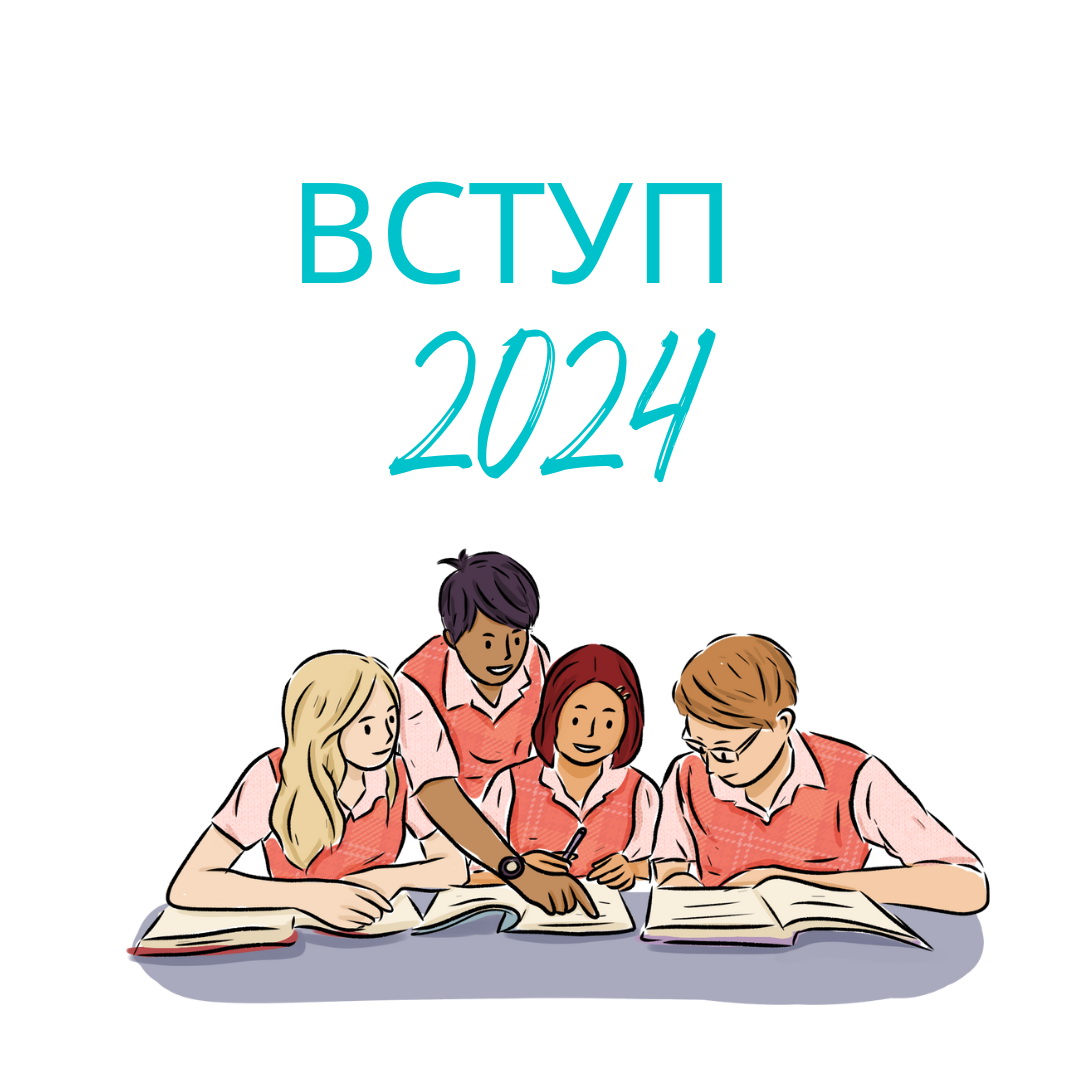The topic of the master's thesis is relevant due to the seriousness of modern environmental challenges and technological processes in the field of environmental microclimate monitoring. Intensification of anthropogenic impact, climate change and an increase in the frequency of natural and man-made emergencies require completely new approaches to monitoring. Methods that have existed for a long time, such as a network of stationary posts or satellite remote sensing, have significant limitations. For example, the former provide only point measurements, while the latter often suffer from insufficient spatial resolution, high cost and dependence on atmospheric conditions.
In this context, the use of unmanned aerial vehicles (UAVs) opens up new opportunities for environmental monitoring. UAVs combine high mobility, the ability to receive data with extremely high resolution and operate in real time in hard-to-reach or dangerous areas. However, the effective use of UAV technology is impossible without overcoming the main limitation - the routine and labor-intensive processing of huge volumes of collected information.
- Hits: 37








